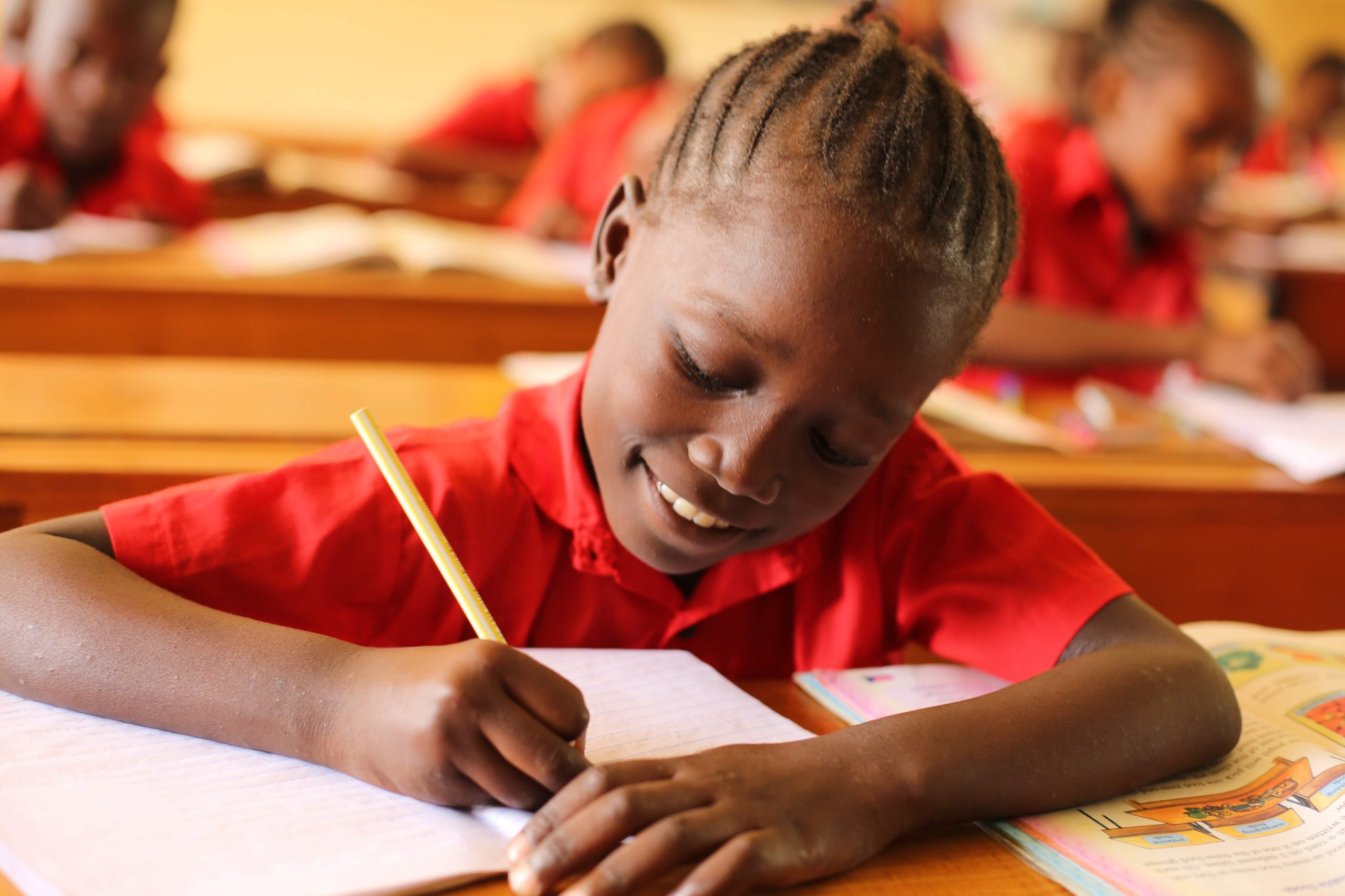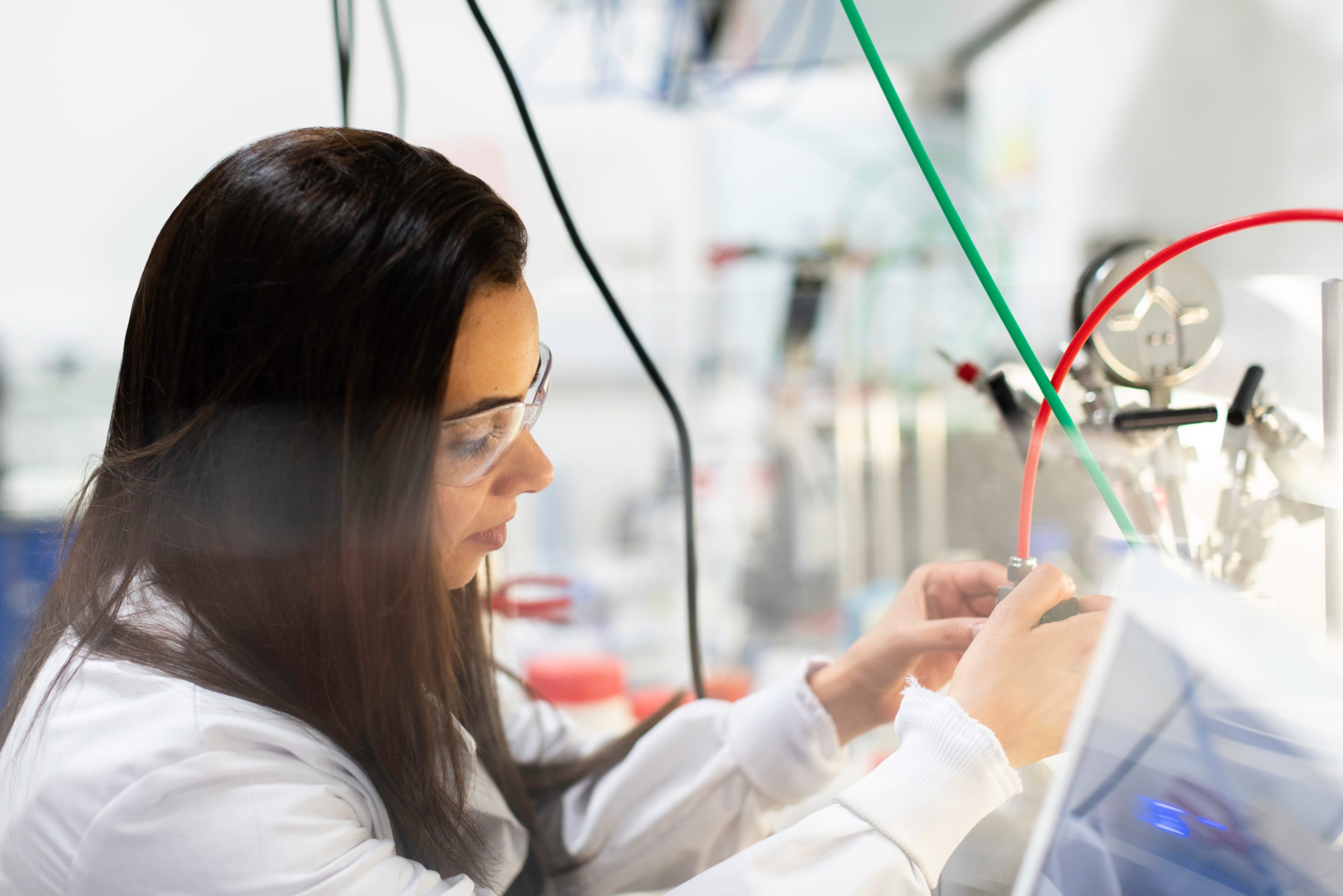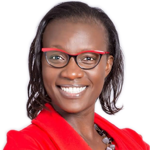Dorine Odongo, Communications Manager at African Women in Agricultural Research and Development (AWARD)Dorine Odongo outlines the importance of ensuring the representation of women in science to strengthen research and innovation in our food systems.
Science has been at the forefront of public consciousness for the past 12 months, as a result of the global Covid-19 crisis and the race to develop an effective vaccine.
Although we cannot immunise against the food insecurity and malnutrition that the pandemic has exacerbated around the world – particularly in low-income communities across Africa – it is possible, through research, to build better and more equitable food systems. But for science to underpin better food systems, equality must first underpin the science.
As the world gears up for the UN Food Systems Summit – focused on this urgent need to build more sustainable, resilient and inclusive food systems – countries worldwide must start by overcoming the persistent inequalities that have long held back food and nutrition security.
Fostering equality in science
To develop context-specific solutions that tackle complex challenges for everyone – men, women and children – countries must recruit more women into science, technology, engineering and mathematics (STEM) roles, and actively include diverse voices and actors within research, leadership and management positions.
Fostering this equality in science from the top down means recruiting from the bottom up, starting with girls and young women. With women representing less than a quarter of researchers in Africa, developing a new generation of talent must begin in the classroom.

Developing a new generation of talent must begin in the classroom, writes the author. Photo credit: Unsplash
To encourage more high school girls to pursue a career in veterinary science, for instance, research partners from Africa and the UK launched the African Schools Outreach Programme. The initiative trains and mobilises African veterinary scientists to run workshops in local schools – enabling girls to develop practical skills and learn about career opportunities in science and research. The partnership has reached more than 200 girls in Kenya, Nigeria, Zambia and South Africa, with plans to expand to Ethiopia, Uganda and Cameroon.
Ensuring continued support
But inspiring more girls to pursue a career in STEM is not enough to close the gaping gender gap in agricultural research and development. With just three per cent of women scientists making it to the top echelons of their profession, they must continue to be supported with opportunities to progress and establish themselves as leaders in their field.
While talent is evenly distributed among men and women, opportunities are not. Women researchers must be afforded the same opportunities to build essential leadership and management skills, so that they too can sit at the tables where priorities are set, resources allocated, and decisions made.
Bespoke training programmes for women scientists can help equip them with the skills they need to create a robust pipeline of female research leaders.
Similarly, longer-term, gender-focused interventions are pivotal for empowering women in STEM to advance their careers, with mentoring programmes enabling female researchers to tap into a wealth of experience and knowledge.
More than a decade of implementing the flagship AWARD Fellowship has shown us that structured mentoring, coupled with tailored leadership and research management learning programmes, enables women scientists to increase their confidence and visibility, and empowers them to serve as effective leaders within their research teams.
A need for systemic change
While vital for helping women advance their careers, training and development initiatives can only go so far. Women researchers face an obstacle course of gender-based barriers throughout their careers, which only systemic change can help them overcome.
Creating opportunities for women to forge partnerships and networks is key to establishing allies and propelling them into leadership positions, which afford them the power to collaborate and contribute to ground-breaking research.
To make science more equitable, women cannot be expected to be solely responsible for their own empowerment – everyone must play a role in listening to and addressing women’s diverse needs. Men must acknowledge and challenge the systemic inequalities and unconscious bias that have been long upheld, and women already in leadership roles must help others up the ladder behind them.

It is possible to build better and more equitable food systems – but for science to underpin better food systems, equality must first underpin the science, writes the author. Photo credit: Unsplash
Crucially, funders and research leaders must actively factor inclusivity into their resourcing decisions. This is the thinking behind the Global Forum on Women in Scientific Research (GoFoWiSeR), which brings together researchers, funders and leaders, to address the systemic causes underlying the gender gap in STEM and devise strategies to concretely improve the numbers and experiences of women scientists.
Achieving gender equality in STEM subjects is not just for women’s sake but for all the benefits that a diverse research sector can offer society – from more representative and accurate research, to new and targeted innovations that help deliver the Sustainable Development Goals.
There is no vaccine for hunger and malnutrition. But more women in research and leadership roles means more scientific knowledge, more skills and more experience – giving the world a fighting chance of building resilience against the symptoms of inequality.



